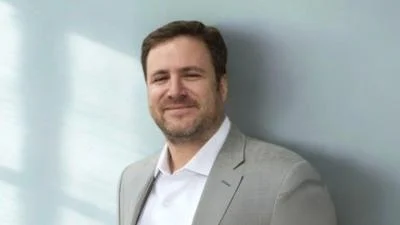Illinois Gov. J.B. Pritzker and Chicago Mayor Lori Lightfoot | File photo
Illinois Gov. J.B. Pritzker and Chicago Mayor Lori Lightfoot | File photo
The City of Chicago will allocate up to $56 million in COVID-19 relief funding as part of a plan to expand contract tracing across the state.
Speaking at a coronavirus briefing, Chicago Mayor Lori Lightfoot revealed details of the plan, including noting city officials are now seeking requests for proposals from organizations interested in coordinating the effort. Requirements include the organization having the ability to allocate 85% of contact tracing funding to at least 30 neighborhood-based organizations serving residents in economic turmoil across the city.
Lightfoot added the various neighborhood organizations would be responsible for recruiting, hiring and supporting a workforce of up to 600 contact tracers, supervisors, and referral coordinators that would be responsible for manning an operation with the capacity to trace at least 4,500 new contacts per day.
“Contact tracing at the community level will help us build out our public health infrastructure to reach even more Chicagoans," Chicago Department of Public Health Commissioner Allison Arwady told NBC Chicago. "This approach provides the opportunity not only to operationalize an important tool in the fight against COVID-19, but also leverage the economic investment sourced from federal COVID relief funding to create thriving wage jobs and address long-standing health inequities caused by unequal economic opportunity and access to education.”
Set to earn $20 an hour while supervisors earn $24 with full health benefits, Gov. J.B. Pritzker previously detailed tracers will be responsible for interviewing those who test positive for the deadly virus and learning about recent contacts they have had over a 48-hour window.
“Knowing if you’ve been exposed to someone with COVID-19 gives everyday Illinoisans the ability to keep their families and coworkers and friends safe by helping them seek testing or to self-isolate,” Pritzker added. “It helps us build a public health system that truly supports them if their exposure leads to actual infection.”





 Alerts Sign-up
Alerts Sign-up